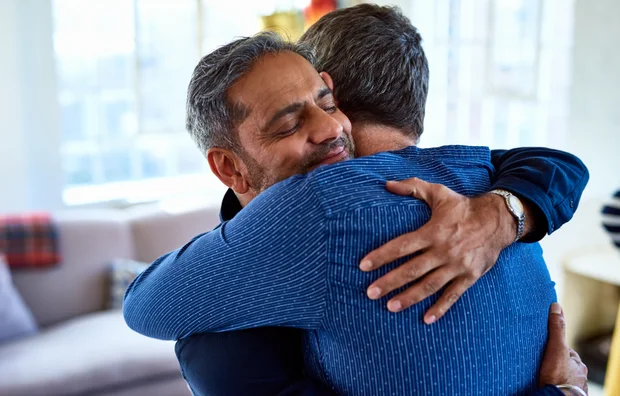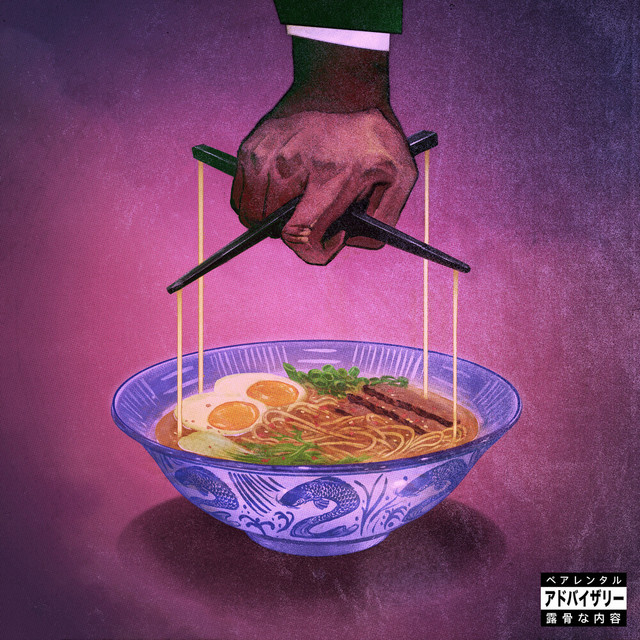After getting into an argument or dispute, we are faced with a decision: “can I forgive and forget?” Whether it be physically or emotionally, more often than not, we’ve been wronged and treated unfairly.
And this dilemma is between either forgiving this wrongdoer or refusing to forgive and if not forever, then holding a vendetta against this person for a long period. Trying to muster up the ability to forgive is hard for many. According to the Fetzer Institute, 62% of American citizens agree that they need to implement more forgiveness within their personal lives. Also according to The Washington Post, only 52% of citizens have admitted that they have forgiven wrongdoings within their lives. We must meticulously analyze these percentages and come to the terms that we need to implement more forgiveness within our societies.
Now, forgiveness isn’t just approaching your wrongdoer and just blurting out the words, “I forgive you.” It’s essentially having a change of mindset towards that person and what they have done towards you, while simultaneously verbalizing that you forgive them.
In most situations, we say to ourselves and our wrongdoers that we forgive, but is that forgiveness reflected in our actions? Are we truly willing to forgive, not just what we say but how we act and perceive these people?
Take the court case of serial killer Gary Ridgway, more notoriously known as the Green River Murderer. From the 1980s-90s, over 48 women in the state of Washington were murdered by Ridgway. After pleading guilty in 2003, Ridgway was sentenced to life in jail. At his court hearing, one family member one by one, wished death and cruel suffering for the convicted killer.
But among the midst of these valedictory claims and wishes, one man was still up to speak. Robert Rule, a Christian father of one of the female victims, initially claimed that the loss of his daughter caused inconceivable grief and trauma.
But as he continued, he told Ridgway that while every single one of these families expressed their hatred for him, surprisingly, he had none. “Mr. Ridgway, there are people here who hate you. I am not one of them, he said. “You’ve made it difficult to live up to what I believe and what God says to do and that is to forgive. You are forgiven.”
And as those words echoed in that courtroom, they simultaneously broke the stone-faced demeanor of Ridgway, causing him to break down in tears.
In my eyes, that decision is more difficult than holding a grudge. When you choose to accept what was done and how you feel, you still have to mentally move on. A prevalent example of this is forgiving the person who took away your beloved child, which is something that is, sometimes, impossible.
Furthermore, most individuals believe they are justified in thinking that suffering is the only solution for the wrongdoer.
This is best said by Emery Counseling, which claims that most people who refuse to forgive “confuse justice with healing.” This gives off more emotionally-fueled decisions and thinking instead of logically-fueled thinking.
When we hold onto our resentment and grudge-holding, we make ourselves vulnerable to irritability, anxiousness and losing friends and future connections.
When we truly believe that someone is capable of hurting us again and establish distrust, we close ourselves to the world and windows of future companionship.
When we forgive, we don’t excuse what has been negatively established to us, we instead plant parameters and boundaries within our healing but still accept that person and what they have done. This will provide closure for not only us but also for them.
To provide more support for the awareness of forgiveness, the Mayo Clinic reported in their Adult Health section that letting go of grudge-holding and what someone has done to you can lead to “healthier relationships, improved mental health, less anxiety, stress and hostility, fewer symptoms of depression, lower blood pressure, a stronger immune system, improved heart health and improved self-esteem.”
Another study by Loren Toussaint, Everett L. Worthington Jr. and David R. Williams stated that forgiveness and well-being are adjacent to stress relief. Kirsten Weir, a writer for the American Psychological Association, perfectly described their claims and suggestions.
“Toussaint and Worthington suggest that stress relief is probably the chief factor connecting forgiveness and well-being. ‘We know chronic stress is bad for our health, Toussaint says. ‘Forgiveness allows you to let go of the chronic interpersonal stressors that cause us undue burden.”
That needs to be implemented so much more within our society and local communities. When we choose the option to repress our anger and hide wanted ramifications for our wrongdoer, we begin to experience so much more freedom within our lives.






